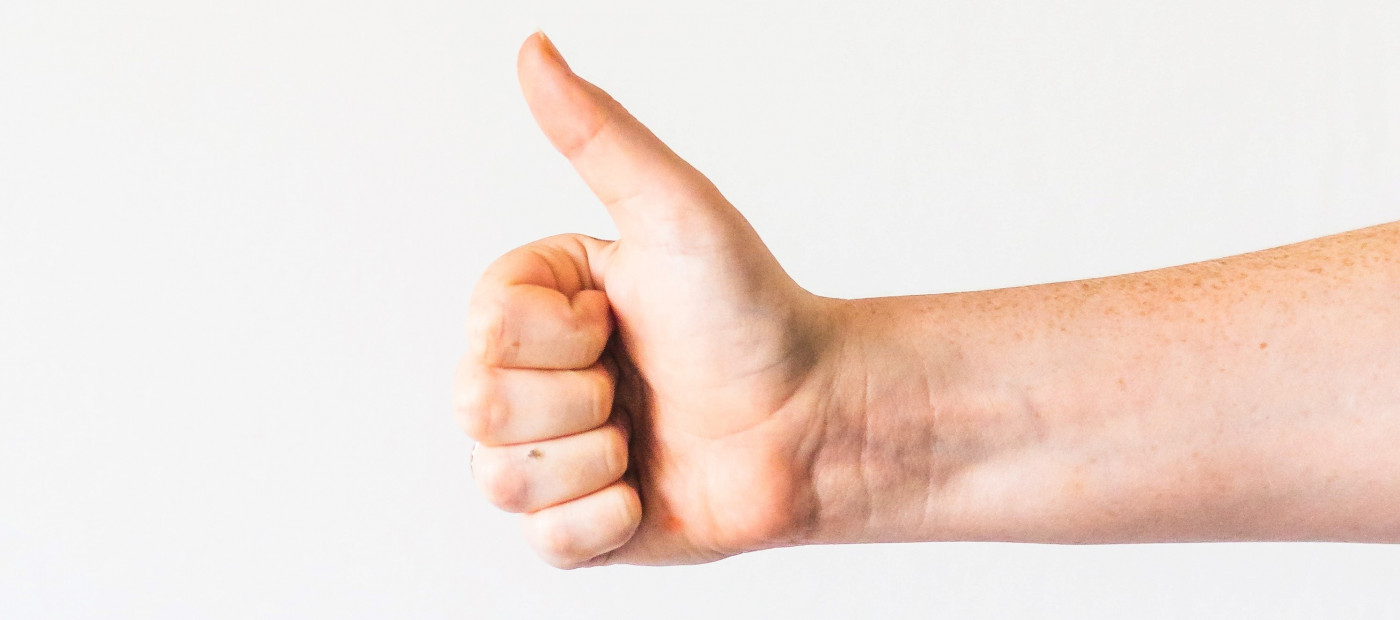Tecfidera Approved in China to Treat Relapsing MS
Written by |

Tecfidera (dimethyl fumarate) was given the green light by health regulators in China to treat people with relapsing multiple sclerosis (MS) — clinically isolated syndrome, relapsing-remitting MS, and active secondary progressive MS.
The National Medical Products Administration’s (NMPA) decision came through a priority review of clinical trial data for Tecfidera, an oral treatment developed and marketed by Biogen.
“It is truly a milestone to bring this well-established treatment to China and be able to help people living with relapsing multiple sclerosis,” Rachid Izzar, president for Intercontinental Region at Biogen, said in a press release.
“We thank the NMPA for undertaking priority review to approve Tecfidera. We are committed to expanding our presence in China and working with the MS community to address unmet medical needs through innovative therapies and solutions,” Izzar added.
The NMPA based its review on data obtained from two global Phase 3 studies — DEFINE (NCT00420212) and CONFIRM (NCT00451451) — that together enrolled more than 2,600 patients.
In DEFINE, patients who took Tecfidera twice a day for two years had a significant, 53% drop in their annualized relapse rate, or the number of relapses per year, compared with those given a placebo. Likewise, the CONFIRM study showed that twice-daily Tecfidera use significantly lowered, by 34%, the proportion of patients who relapsed at two years relative to a placebo group.
“Results from clinical trials and more than a decade of real-world evidence have demonstrated the efficacy, safety and tolerability of dimethyl fumarate,” said Yongjun Wang, MD, PhD, deputy director of the National Clinical Research Center for Neurological Diseases, and president and chief physician of Beijing Tiantan Hospital, Capital Medical University.
“The approval and availability of dimethyl fumarate will provide a new option for patients and will help contribute to the clinical evidence on treating MS in China,” Wang said.
MS was added to China’s First National List of Rare Diseases, a government effort to support the diagnosis and treatment of rare conditions, in 2018. It is estimated that around 10% of MS patients in China to date are being treated with disease-modifying therapies (DMTs).
“The characteristics, clinical manifestation and disease course varies greatly among patients, which makes personalized treatment essential,” Wang said. “Currently in China, a small number of patients are treated according to the standard of care with a disease modifying therapy.”
Common side effects of Tecfidera’s use include redness, flushing, itching, rash, nausea, vomiting, stomach pain, diarrhea, and indigestion.
Tecfidera has been approved in 69 countries, including the U.S. and those of the European Union, and more than 500,000 patients have been treated worldwide with the therapy, either by prescription or in clinical trials.


